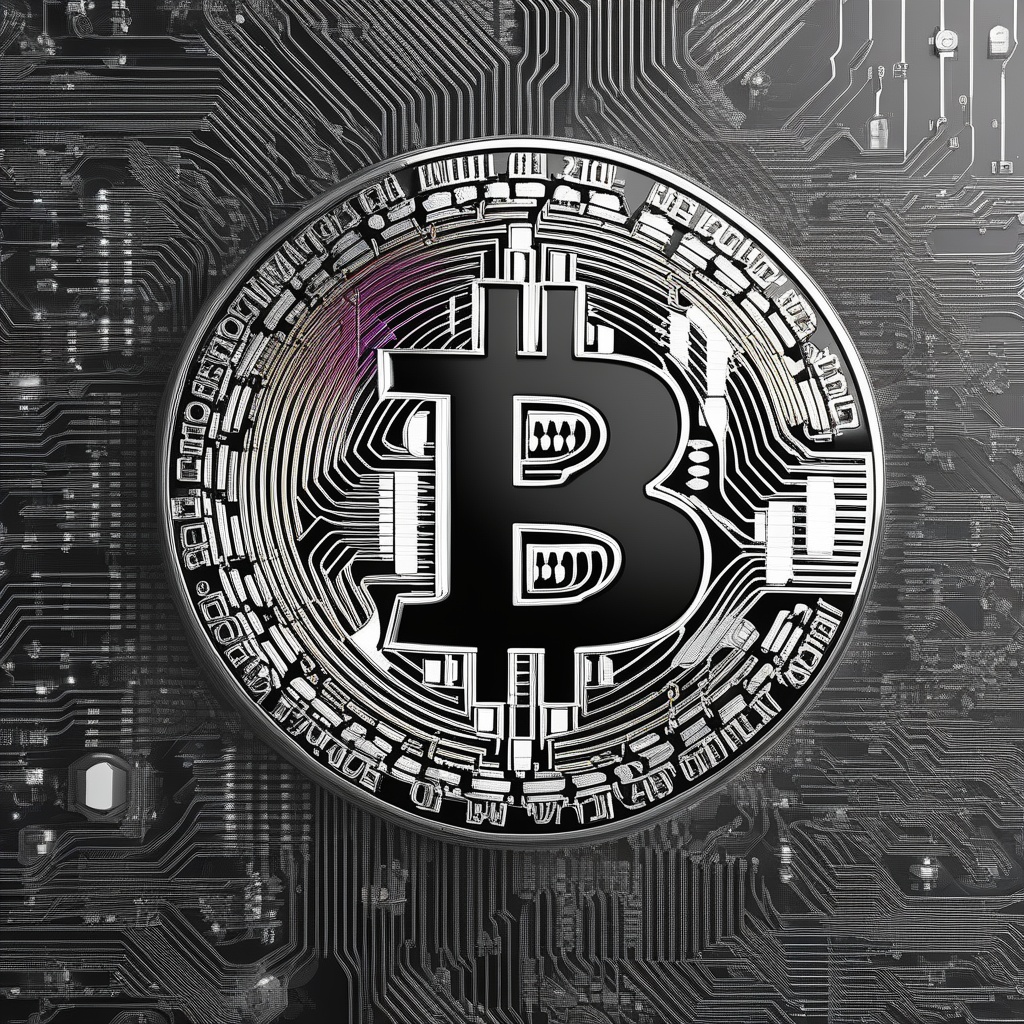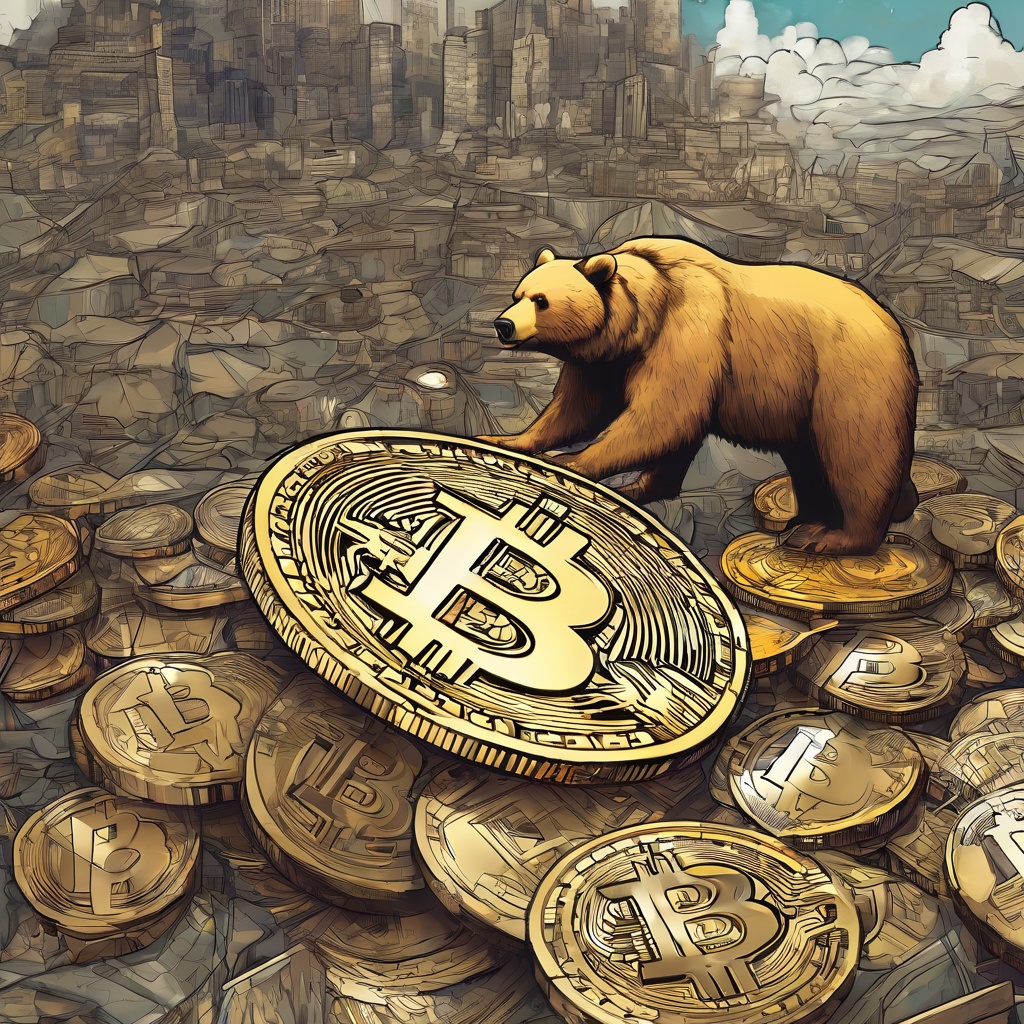Is an exchange a counterparty?
When it comes to the world of cryptocurrency and finance, the term "exchange" is often used interchangeably with various other concepts. But one question that frequently arises is whether an exchange can be considered a counterparty. Let's delve into this question to gain a better understanding. Firstly, it's important to clarify what an exchange is. In simple terms, an exchange is a platform that facilitates the trading of cryptocurrencies or other financial assets. It acts as an intermediary between buyers and sellers, allowing them to exchange their assets for other assets, such as cash or other cryptocurrencies. Now, let's consider the concept of a counterparty. A counterparty, in finance, refers to the other party involved in a financial transaction. For example, if you buy a stock from a broker, the broker is the counterparty in that transaction. But does this mean that an exchange can be considered a counterparty? It depends on the context. In some cases, an exchange can act as a counterparty, particularly in margin trading or derivatives trading. In these scenarios, the exchange may offer leverage or other financial instruments that require the exchange to take on a certain level of risk. In these cases, the exchange can be seen as a counterparty to the trader. However, in more straightforward transactions, such as buying and selling cryptocurrencies directly from the exchange's order book, the exchange is more of a facilitator rather than a counterparty. In these cases, the buyers and sellers are the counterparties to each other, and the exchange is simply providing the platform for the transaction to take place. So, in summary, whether an exchange can be considered a counterparty depends on the specific context and type of transaction being conducted. In some cases, the exchange may act as a counterparty, but in others, it is more of a facilitator for transactions between buyers and sellers.

What is the difference between a client and a counterparty?
Could you please elaborate on the distinction between a client and a counterparty in the realm of finance and cryptocurrency? I'm particularly interested in understanding how these two terms differ in terms of their roles, responsibilities, and interactions within a transaction or investment context. Additionally, are there any specific examples or scenarios where the distinction between a client and a counterparty becomes particularly crucial?

How does counterparty work?
Excuse me, could you elaborate on how counterparty works in the context of cryptocurrency transactions? I'm particularly interested in understanding the role it plays in ensuring trust and security between parties who may not know each other personally. Additionally, I'd like to know if there are any potential risks associated with using a counterparty and how they're mitigated. Your insights would be greatly appreciated.

What is an XCP counterparty?
Could you please elaborate on what an XCP counterparty is? As someone who's interested in cryptocurrency and finance, I've come across the term but am unsure of its exact definition and functionality within the ecosystem. Could you provide a concise yet comprehensive explanation of what an XCP counterparty represents, how it operates, and its significance in the world of digital currencies and decentralized finance?

Is a bank a counterparty?
Is a bank truly considered a counterparty in the realm of financial transactions? In the context of cryptocurrency and finance, a counterparty typically refers to the second party involved in a financial agreement or transaction, such as a buyer and seller in a trade. So, when we think about banks, are they merely intermediaries facilitating transactions, or do they also take on the role of a counterparty in certain situations? For instance, in derivatives trading, banks often act as counterparties, accepting risk and offering hedging opportunities. But in traditional banking services like deposits and loans, is the bank considered the counterparty, or are the individual depositors and borrowers the true counterparties? Let's delve deeper into this question and explore the nuances of the bank's role as a counterparty in various financial scenarios.

